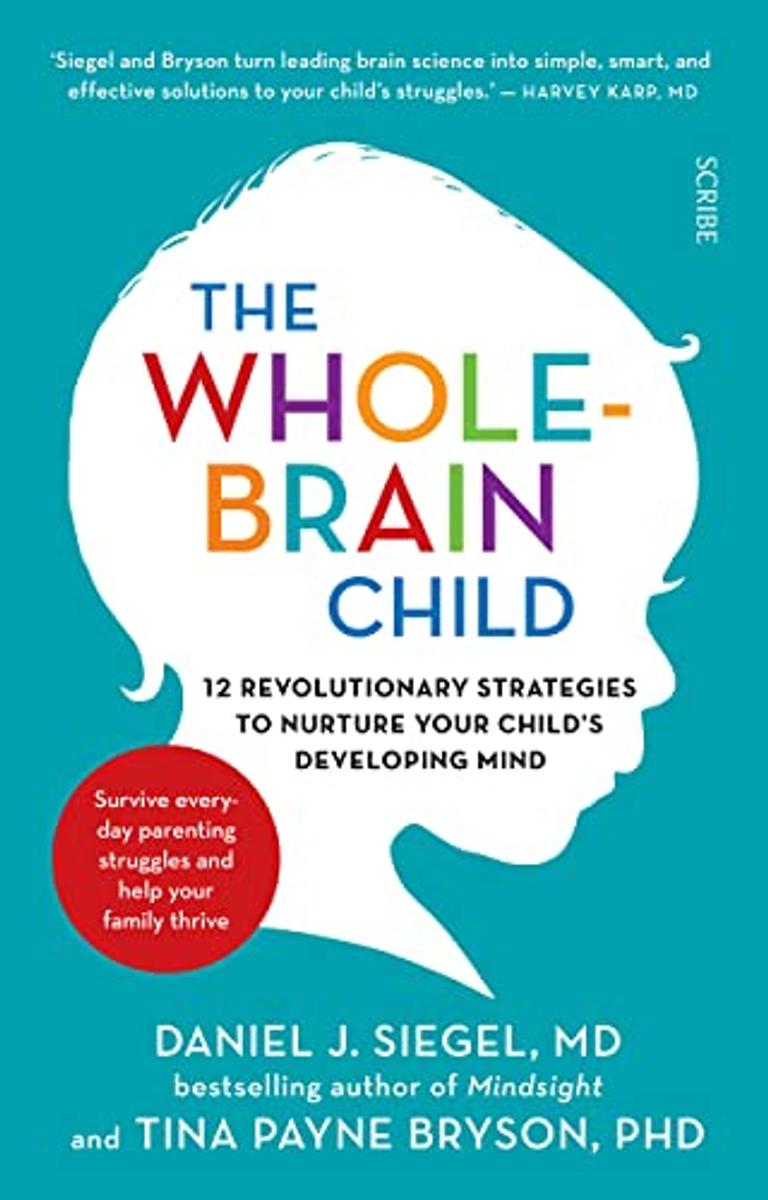Family Wellbeing Resources
Mr James Gagliardi

Family Wellbeing Resources
Mr James Gagliardi
Hi everyone. I hope you're all well. This week's resource I'm sharing is a very well reviewed, best selling book that has helped me quite a lot, both as an educator and as a parent. It is a very easy read and has some wonderful approaches and strategies to support your child's behavioural development that are research based. Take a minute to read Booktopia's summary below.


A NEW YORK TIMES BESTSELLERYour toddler throws a tantrum in the middle of a store. Your preschooler refuses to get dressed. Your eleven-year-old sulks on the bench instead of playing on the field. Do children conspire to make their parents' lives endlessly challenging? No - it's just their developing brain calling the shots.In this pioneering, practical book, Daniel J. Siegel, neuropsychiatrist and author of the bestselling book Mindsight, and parenting expert Tina Payne Bryson demystify the meltdowns and aggravation, explaining the new science of how a child's brain is wired and how it matures. The "upstairs brain," which makes decisions and balances emotions, is under construction until the mid-twenties. And especially in young children, the right brain and its emotions tend to rule over the logic of the left brain. No wonder kids can seem-and feel-so out of control. By applying these discoveries to everyday parenting, you can turn any outburst, argument, or fear into a chance to integrate your child's brain and foster vital growth. Raise calmer, happier children using twelve key strategies, including-